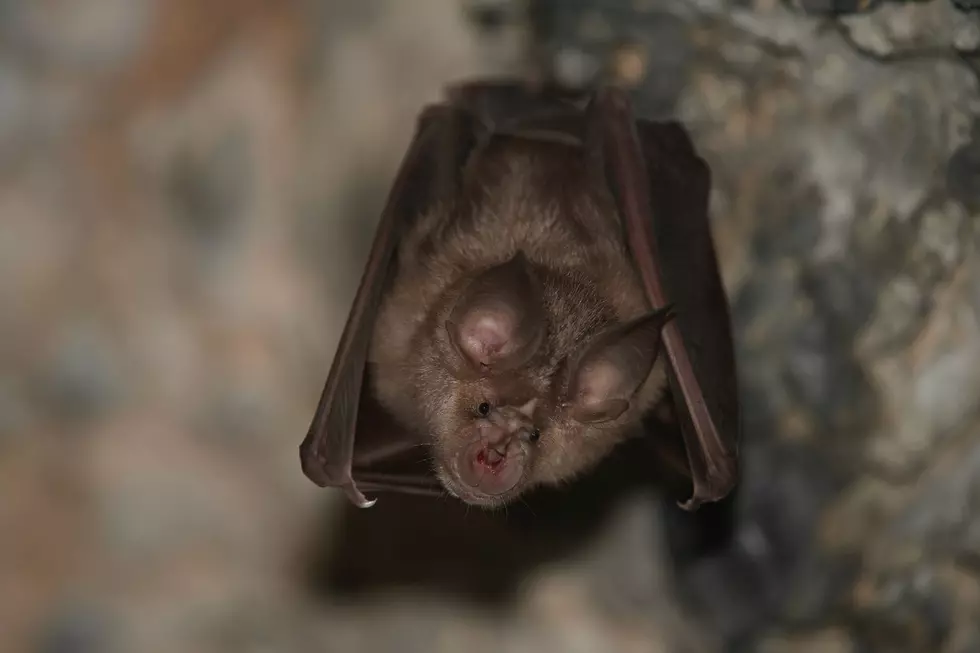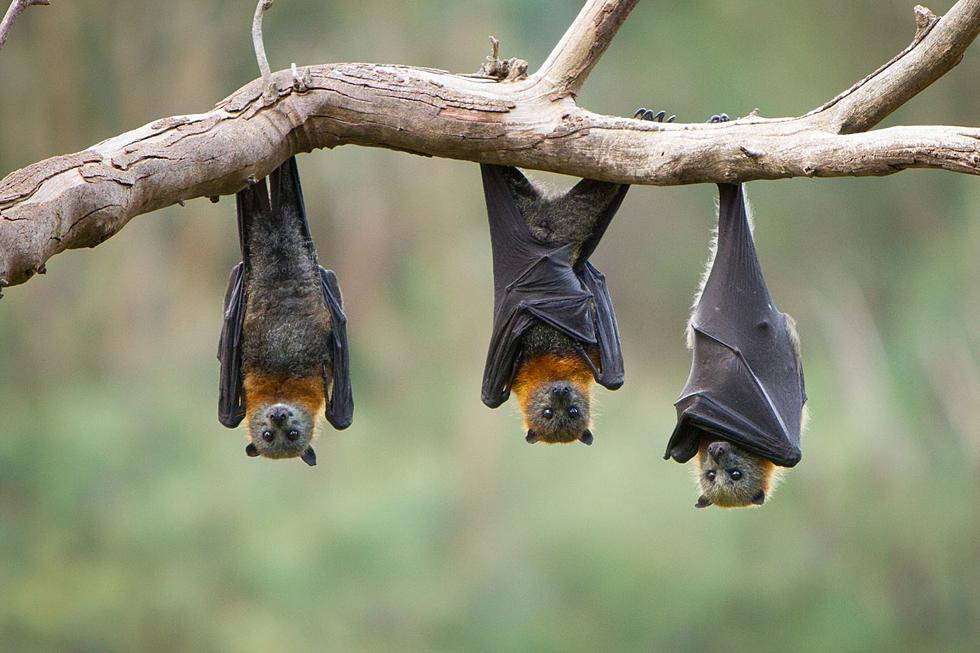
New York DEC Warns; Stay Out of Caves and Away from Bats! Why?
With Halloween less than a week away this makes the perfect time to have #batweek in New York State. The immediate thought of bats, to most people, is creepy, winged creatures that fly at night, sleep upside down and want to suck your blood. Some of that is true but mostly bats are not harmful to humans.
So, why is the New York State Department of Environmental Conservation asking that humans stay away from bats this fall and winter?

Here in New York State, bats typically find a seasonal cave or a mine to hibernate in. At times hikers, like you and me, will want to explore these caves and mines not realizing the danger this action poses. Your presence could actually kill the bats with "white-nose syndrome".
According to the USGS, white-nose syndrome is a disease that affects hibernating bats and is caused by an invasive, cold-loving fungus. The fungus grows on bats’ skin, disturbing their hibernation and resulting in dehydration, starvation and often death.
Bats play an important role in our environment, helping control insect populations. With Halloween on people's minds, DEC is urging outdoor adventurers to protect New York's bats by avoiding caves and mines altogether. Even the quietest cave visits will disturb bats hunkering down for the winter. - Commissioner Seggos
Most bats begin hibernation when it's too cold for insects to be around as a food source. At some point in October or November hibernation begins and it won't be until sometime in March that it ends.
The Dates When New York State Can Expect First Snowfall
Stars We Lost in 2022
READ ON: See the States Where People Live the Longest
More From 107.7 WGNA

![Watch This Person Pet A Bat [VIDEO]](http://townsquare.media/site/558/files/2015/09/GettyImages-80317889.jpg?w=980&q=75)
![Dancing Bats [VIDEO]](http://townsquare.media/site/81/files/2014/10/Dancing-Bats-DL.jpg?w=980&q=75)






